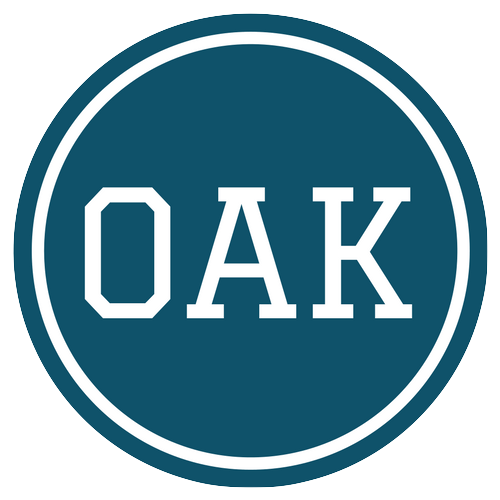7 Small Business expense deductions that you may not know about!
Everyone has the usual deductions down pat, they’re usually expenses you’ve incurred directly in the course of running your business throughout the year. But there might be a few you’ve overlooked so we thought we would point them out to you.
One – Donations
If your business donates to a charity you may be able to claim that as a tax deduction. The charity or organization must be a Deductible Gift Recipient (DGR). Often large organizations have DGR status. It is a good idea to check if smaller organisations have DGR status.
Your gift can be of money, property, or shares.
A Harvard Business school study suggested that giving to others directly correlates to an increased sense of happiness, “Happier people give more and giving makes people happier, such that happiness and giving may operate in a positive feedback loop”.
If your business is flourishing and you have the means why not spread the joy! And at the same time receive a deduction ;)
Two – Glasses
While prescription glasses are not an eligible deduction as they are private in nature.
If you require anti-glare or protective glasses to earn income, you may be eligible to claim the cost of these. A couple of examples where this may be applicable could be if you could require anti-glare sunglasses if you’re out on the road frequently as a sales rep or truck driver, or perhaps protective glasses are required in your area of trade.
Three – Insurance premiums
Even as an individual, you may be able to claim the cost of premiums you pay for insurance against the loss of your income. You must include any payment you receive under such a policy on your tax return.
Some caveats - You can't claim a deduction for a premium or any part of a premium:
for a policy that compensates you for such things as physical injury
if the policy taken out is through your superannuation and insurance premiums are deducted from your super contributions.
Four – Bad Debts
If a customer owes you money and you are entitled to it, but the customer doesn’t or won’t pay, you may be able to claim the amount receivable (that you’ll never get) as a tax deduction. If GST applies, you may also be eligible to claim a GST credit.
Five – Fitness Expenses
While any gym memberships or fitness programs aimed for losing weight are considered personal in nature and not deductible.
If you are required to maintain a high degree of physical fitness to carry out a job you may be entitled to claim a deduction for expenses associated with keeping fit. This could be applicable if you’re in the Army or a police officer.
Six – Accountant
Yes, the cost of managing your tax affairs can be a tax deduction.
Seven – Education
Expenses you incur for self-education are generally deductible. These expenses must be tied to you producing income. Eg. Courses to maintain professional registrations, keeping up-to-date in your field, etc.
These can be applicable to your employees or yourself as a self-employed person.
Not sure which deductions are applicable to you?
Jamie our Chartered Accountant would be more than happy to help you navigate what deductions are available to you and your business.

